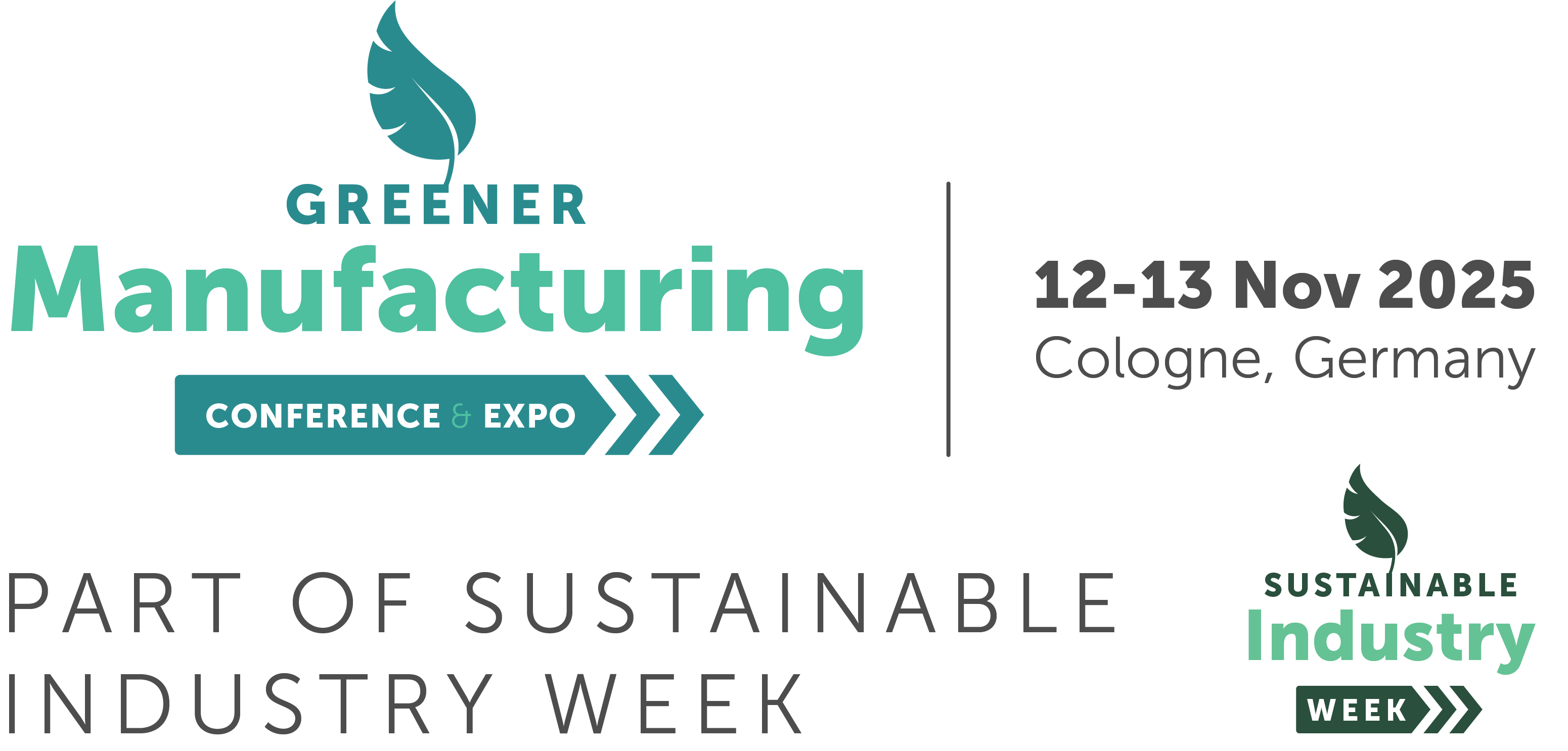Shell and University of Manchester create partnership for biotechnology project
)
The University of Manchester (UoM) and Shell Research Limited (Shell) are working together on a Sustainable Commodity Chemicals through Enzyme Engineering and Design (SuCCEED) project.
This project is worth more than £9 million and its purpose is to create new sustainable routes, focused within industrial biotechnology, to produce every-day chemicals in a greener way. By finding greener ways to manufacture these kind of chemicals, the SuCCEED project will enable the chemical industry to shift away from fossil-based feedstocks and adapt to a new method. This will also provide the benefit of reducing their carbon footprint.
Up till now, the biotechnology industry has been notoriously difficult to move into full-scale projects, meaning they are not commonly used. Bio-based manufacturing routes also require higher profit margins than those available to them for commodity chemicals. This means that so far it has been a challenge to move the chemicals industry away from petrochemicals and into a greener manufacturing industry. So, in order to combat this, the partnership addressed above has found away to involve both industry and academia, with the aim of finding workable solutions to industry-based problems. A proof-of-principle, scalable, biorefinery, has been created by an interdisciplinary team, led by Professor David Leys, of biochemists, protein engineers, synthetic biologists, chemists, and chemical engineers. This group was created by The Manchester Institute of Biotechnology (MIB) and Shell.
The hope for these projects is that in 5-years they could redefine the chemicals industry and help the UK to deliver its own clean growth energy.
The process of industrial biotechnology, focuses on the use of nature’s own processes, which will result in value-added products. The most common product to be produced by it currently is pharmaceuticals. The process operates through enzymes and bacteria acting as bio catalysis, which is a process that accelerates chemical reactions. Through the use of any kind of material such as biomass or anthropogenic waste acting as feedstock, the enzymes and bacteria are able to produce the desired chemicals.
This process emphasises the potential industrial biotechnology has for leading the world down a pathway towards transitioning to net zero and creating a sustainable manufacturing environment.
Jeremy Shears, Chief Scientist for Biosciences at Shell said: “Shell aims to transition to a net-zero emissions energy business by 2050 and our work with the Manchester Institute of Biotechnology is important to unlock a more commercial route to sustainably produced chemicals. If we can demonstrate an effective route to bio-production, we hope this will be the catalyst for industrial change across the sector.”
Science, Research and Innovation Minister, Andrew Griffith, commented, “Our new bioscience prosperity partnerships are a valuable opportunity for government, business and academia to come together and help unleash world-class, pioneering discoveries across the UK while growing our local economies. More than £17m of Government funding is backing vital projects including work in Belfast to unearth life-saving drugs, in Manchester to improve skin health research and in Cambridge to tackle a major source of global pollution – enhancing the health and wellbeing of people across our country and beyond.”
Dr Lee Beniston FRSB, Associate Director for Industry Partnerships and Collaborative R&D at BBSRC, added, “The inaugural round of the BBSRC prosperity partnerships programme has been a huge success. Led by BBSRC, with investment from our colleagues at MRC and EPSRC, we will invest more than £17 million in ten projects. This investment will support outstanding, long-term collaborative partnerships between businesses and academic researchers across the UK. Through the BBSRC prosperity partnerships programme, the businesses involved are investing over £21 million into research and development. The projects supported will deliver on UK ambitions for private sector investment in research and innovation as outlined in the Science and Technology Framework, helping to drive economic growth and societal impact through key bioscience and biotechnology sectors and industries.”





